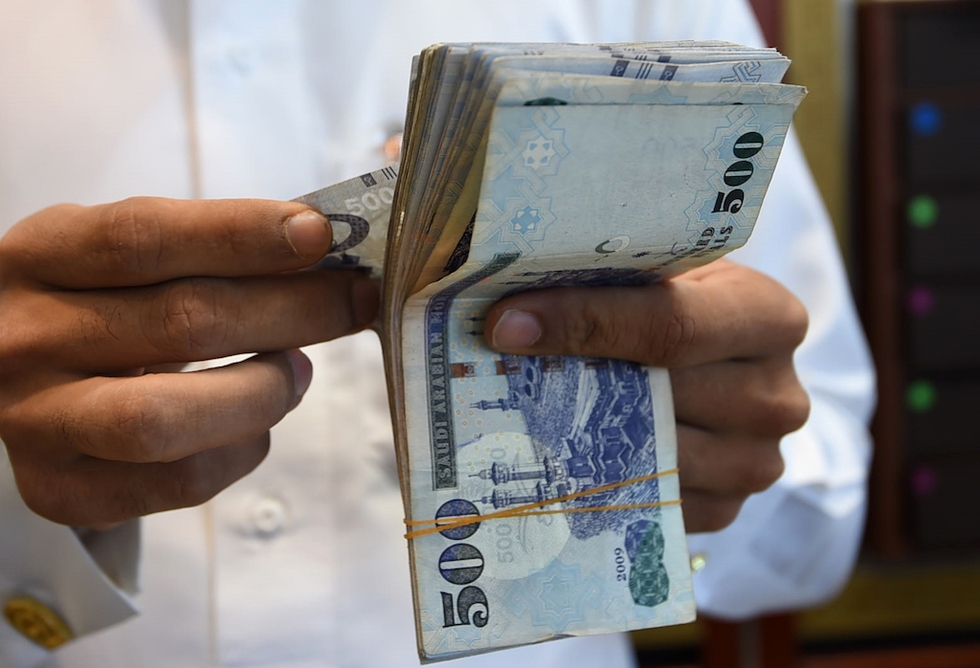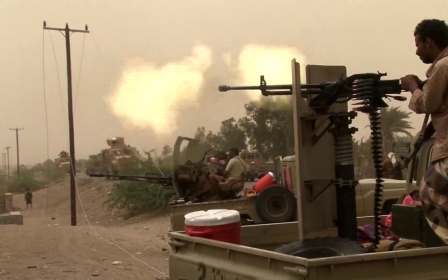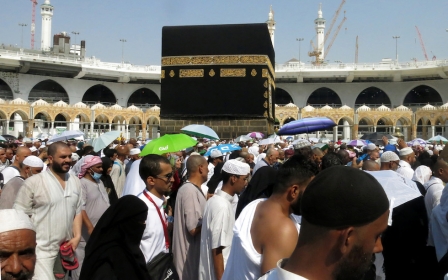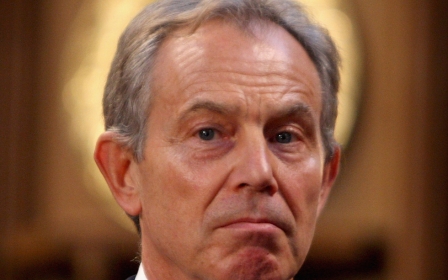Saudi government in-fighting causes delay in Aramco flotation

Saudi Arabia's attempts to diversify its economy away from oil have hit the skids as divisions emerge within Crown Prince Mohammed Bin Salman's economic team over the public flotation of the kingdom's national oil company.
MBS has already introduced a number of austerity measures in order to reduce subsidies and increase state revenues in the kingdom's ailing economy - so far in 2018, the government has raised electricity and petrol prices and introduced VAT for the first time.
One major pillar of what has been dubbed "Vision 2030" has been the proposed flotation of Saudi Aramco, which would be the largest flotation of a company in global financial history.
The Saudi government planned to sell off a 5 percent stake in the company, valued at a staggering $2 trillion, on a yet to be announced foreign stock exchange. The idea was to raise $100bn for the kingdom's coffers. London and New York have vied for the flotation.
However, the complications surrounding the sale - as well as fears the opaque company could be opened up to foreign scrutiny - have led government ministers to suggest pushing back the move until 2019.
A source with a close working knowledge of the Saudi government told Middle East Eye that MBS was "very angry" with the minister of energy, Khalid Al-Falih, because he had suggested that the flotation was not good for the country or the economy.
The minister was boycotted for a month because of his advice, which contradicted that of MBS’s foreign advisers, in particular former Siemens CEO Klaus Kleinfeld, who has pushed for the shares sale to go ahead.
The source said that MBS had nevertheless taken the advice of Falih over the initial sale, but "the expectation is that MBS will eventually get rid of the minister so that he can go ahead with the plan.”
Direct foreign investment into Saudi Arabia fell to $1.4 bn in 2017, from $7.4 billion in 2016, according to new UN figures - compared with an average $18.2bn a decade ago.
Unemployment hit 12.9 per cent in the first quarter of 2018 - the highest yet recorded in the country.
According to a report in the Financial Times, wealthy Saudis have also reduced their investments in the kingdom and some have begun to move money offshore, anticipating tax rises.
Some have also been spooked by the possibility of another anti-corruption sweep by MBS - a purge in November saw around 300 businessmen and princes, including multi-billionaire Prince Alwaleed Bin Talal, detained in the Ritz-Carlton in Riyadh.
New MEE newsletter: Jerusalem Dispatch
Sign up to get the latest insights and analysis on Israel-Palestine, alongside Turkey Unpacked and other MEE newsletters
Middle East Eye delivers independent and unrivalled coverage and analysis of the Middle East, North Africa and beyond. To learn more about republishing this content and the associated fees, please fill out this form. More about MEE can be found here.




